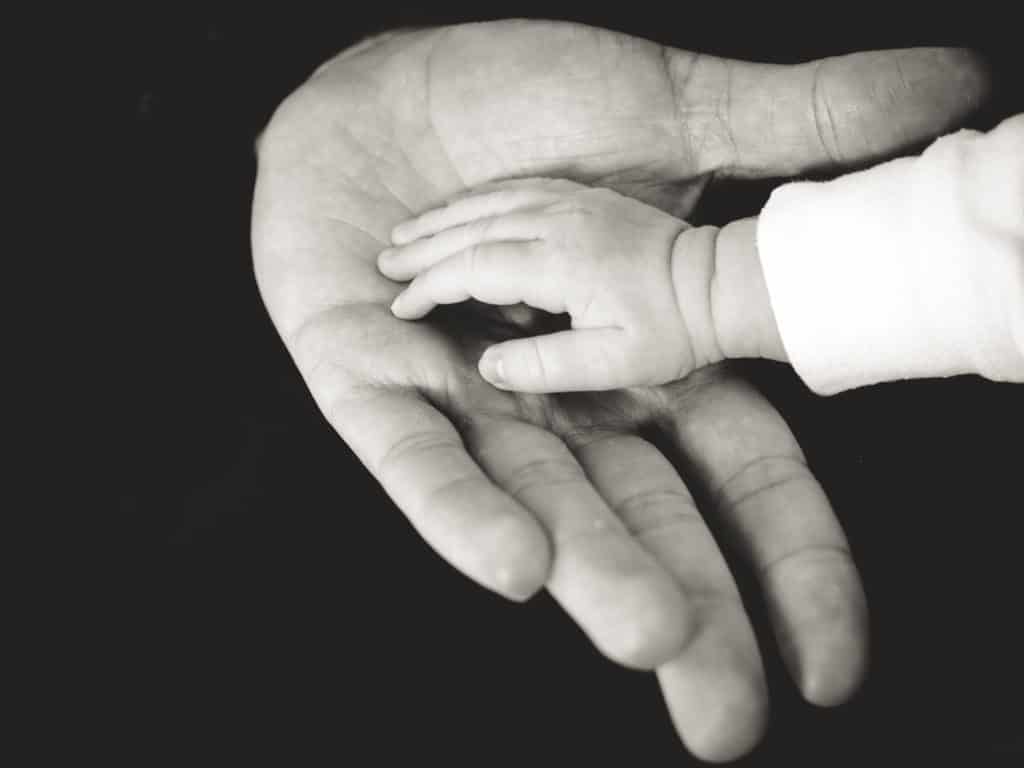Last Updated on October 29, 2025
Table of contents
Genealogy and epigenetics both play a substantial role in a person’s relationship with addiction. Researchers are discovering that the age-old saying “nature versus nurture” is more accurately “nature and nurture.” The two concepts work simultaneously to create who we are as people both consciously and on a molecular level. Generational addiction and epigenetics not only account for proclivities people are born with but proclivities towards substance use that people develop in their upbringing. An individual may be predisposed to addiction at birth or it may be ingrained in them through their environment or how they were raised. Let’s discuss how these two concepts relate to addiction—sometimes in tandem.
What is Generational Addiction?
Generational or Intergenerational Addiction is characterized by addiction that spans two or more generations within a family unit. People often infer from this definition that an inclination towards addiction is something someone is born with. And while genetic predisposition for addiction is being researched, it’s not exactly what generational addiction is referencing. Generational addiction is more about the environment that a person grows up in, and what they’re exposed to at impressionable ages.
Many cases of generational addiction span multiple generations but in all cases, the person has at least one family member that struggles with addiction. A common example is a parent who drinks throughout a person’s childhood and instills the inclination to consume alcohol as a means of coping. In cases like this, learned behavior plays a significant role.
What is Epigenetics?
Often people think of genetics as something unchanging that a person is simply born with. But in reality, genetic composition is constantly changing depending on behaviors, diet, and exercise. If a person is born with a predisposition to obesity but regularly exercises and eats healthy, their genetic composition changes. As a result, any children this person may have could be born without the predisposition to obesity that they were born with. This is essentially what epigenetics examines. Think of it as gene editing in real-time that your body does without being told.
So what does this have to do with addiction? Well, genes account for 60 percent of a person’s proclivity toward addiction. Meaning that for many, the path of addiction begins in childhood with a parent who struggles with substance use. Imagine the same scenario above but with a substance like cocaine. DNA can be “marked” by cocaine usage and increase the production of proteins common in addiction. This marked DNA with an increased addiction trait can then be passed down to a child.
Ways to Reduce and Manage Risk
Research is currently being conducted on the role of genetics in addiction. Experts are working to develop ways to identify genetic predispositions for addiction and implement early intervention strategies.
In the meantime, for those already affected by generational addiction and epigenetics, behavioral therapy is a great way to reduce and manage risk or even active addiction. Cognitive Behavioral Therapy (CBT) in particular focuses on reorganizing thought patterns and changing the thinking process. This in a sense can edit the epigenetic response to addiction. Family therapy is also an effective way to mend generational addiction as a unit where the family can focus on a common goal.
Recovery With Nova
At Nova Recovery Center, Houston we provide our patients with a very comfortable detox process, where they will be monitored round the clock by trained professionals. You will be provided with all the medications you need to combat the withdrawal symptoms. You will then be enrolled in the in-patient recovery program where you’ll learn to stay away from drugs, through counseling, group therapy, and so on.
Nova Recovery Center is committed to helping you overcome your addiction so you can get back to what is most important to you. If you or someone you know are struggling with addiction, Nova Recovery Center can provide support. We have locations in Austin, Houston, and Wimberley Texas. Call today to begin your journey in recovery at (888) 428-1501.
